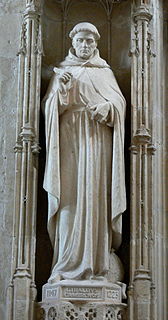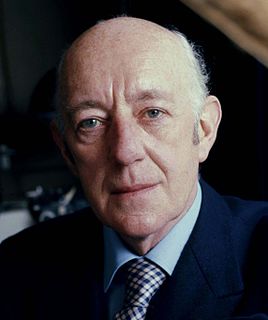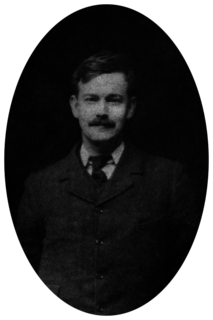A Quote by Friedrich Nietzsche
Virtues are dangerous as vices insofar as they are allowed to rule over one as authorities and not as qualities one develops oneself.
Related Quotes
The modern world is not evil; in some ways the modern world is far too good. It is full of wild and wasted virtues. When a religious scheme is shattered (as Christianity was shattered at the Reformation), it is not merely the vices that are let loose. The vices are, indeed, let loose, and they wander and do damage. But the virtues are let loose also; and the virtues wander more wildly, and the virtues do more terrible damage. The modern world is full of the old Christian virtues gone mad. The virtues have gone mad because they have been isolated from each other and are wandering alone.
Men have their virtues and their vices, their heroisms and their perversities; men are neither wholly good nor wholly bad, but possess and practice all that there is of good and bad here below. Such is the general rule. Temperament, education, the accidents of life, are modifying factors. Outside of this, everything is ordered arrangement, everything is chance. Such has been my rule of expectation and it has usually brought me success.
Strength, Courage, Mastery, and Honor are the alpha virtues of men all over the world. They are the fundamental virtues of men because without them, no 'higher' virtues can be entertained. You need to be alive to philosophize. You can add to these virtues and you can create rules and moral codes to govern them, but if you remove them from the equation altogether you aren't just leaving behind the virtues that are specific to men, you are abandoning the virtues that make civilization possible.








































